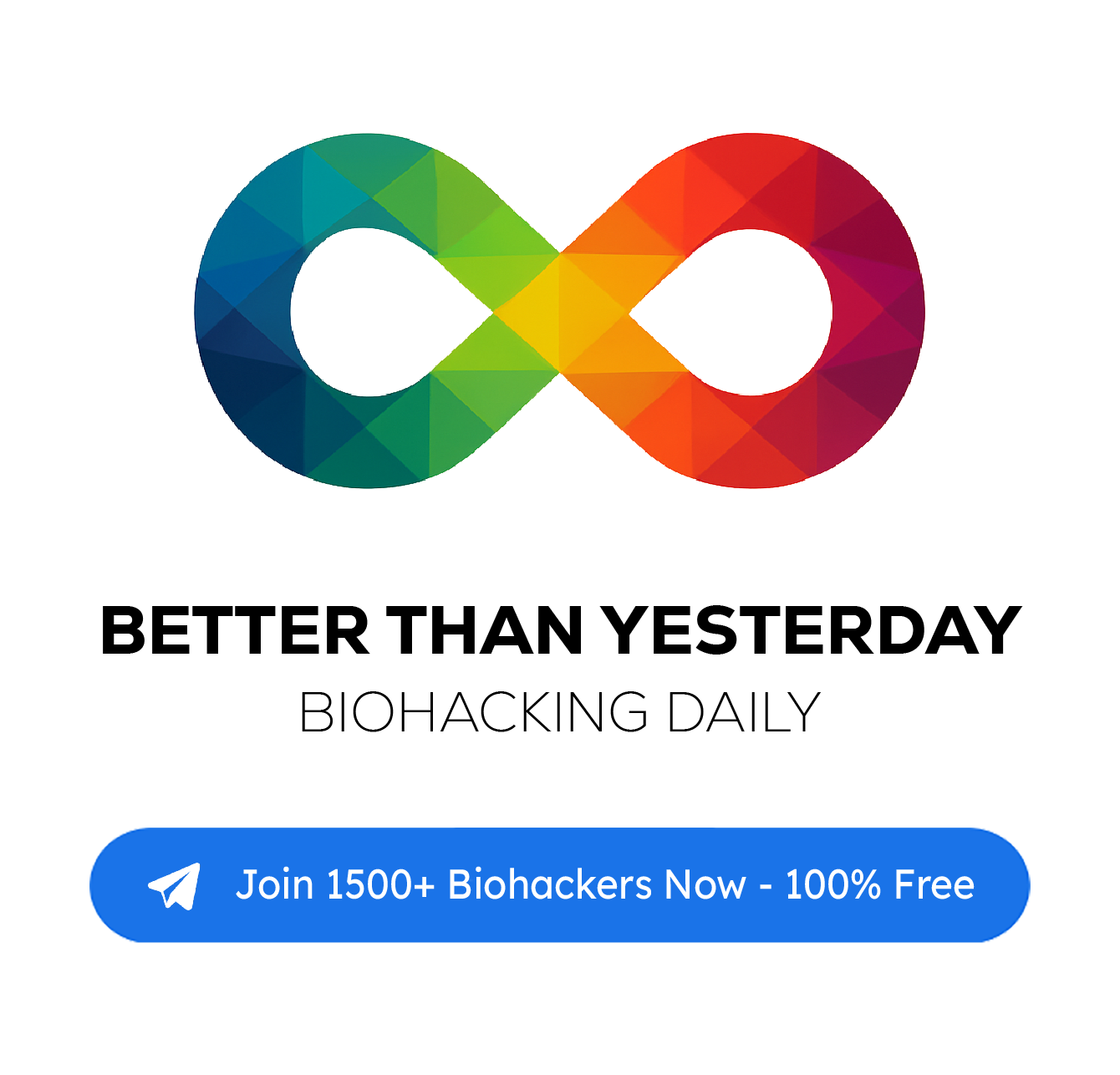Is ChatGPT Slowly Killing Your Brain?
MIT’s latest brain scan study reveals how overusing AI might be shrinking your memory, focus, and originality.

I’ve been biohacking for a while now: cold plunges, NAD, mushroom stacks. But this one caught me off guard.
AI is in my daily routine. Probably yours too.
It makes everything faster: writing, researching, planning. But… at what cost?
MIT just dropped a peer-reviewed study that shows using ChatGPT might be dulling your brain in ways we didn’t see coming.
🧠 What This MIT Study Did Differently
This wasn’t just survey data or opinion.
They ran a 4-month experiment using real-time EEG brain scans.
Participants were split into 3 groups:
Brain-only: wrote essays with no tools
Google searchers: used traditional search
ChatGPT users: got help from AI
They measured everything: brain activity, memory, writing originality, and even how “connected” participants felt to their work.
The Alarming Findings
Let’s get straight to it:
📉 ChatGPT users had the weakest brain activity.
Especially in memory, focus, and higher-order thinking.
They also:
Wrote less original content
Felt least ownership of their essays
Couldn’t recall their own writing
Showed reduced alpha and beta wave activity (bad news for memory + alertness)
Even after switching back to brain-only tasks, their neural engagement stayed low.
Their brains just didn’t bounce back right away.
The Concept of “Cognitive Debt”
MIT researchers coined this chilling term: Cognitive debt.
It’s the idea that outsourcing too much mental work leaves your brain untrained, like skipping workouts for months.
You get the result, but lose the resilience.
Just like muscle atrophy from bedrest, the brain gets lazy when AI does the heavy lifting.
But Wait: AI Isn’t the Enemy
Here’s the twist:
Students who started out without AI, and only added it later?
Their brains lit up. Literally.
✅ Stronger memory
✅ More engaged prefrontal and parietal activity
✅ Better performance across the board
So it’s not about quitting AI altogether. It’s about when and how you use it.
Start with your brain. Then let AI enhance what you've already built.
Real Talk: What This Means for Your Brain
If you use AI every day (like most of us), here’s what to watch for:
Are you forgetting what you wrote two hours ago?
Do your ideas feel “flat” or kind of soulless?
Do you default to prompting before thinking?
Those are red flags.
Your brain might be slipping into passive mode.
Biohacker's Guide: Using AI Without Losing Your Mind
💡 Write a rough draft by hand or voice note first.
Let your thoughts take shape before you reach for the shortcut.
🧠 Block out “no-AI” zones.
Try one work session per day without any tools, just raw brain.
✍️ Read your own writing out loud.
If it doesn’t sound like you, your brain wasn’t present.
📅 Train cognitive endurance.
Things like memory games, chess, even journaling help rebuild that focus muscle.
Why This Study Shouldn’t Scare You, But Should Wake You Up
This isn’t a scare piece. It’s a wake-up call.
LLMs like ChatGPT are amazing, but if we start too early, we weaken the very system we’re trying to optimize.
The most powerful combo?
→ Your brain first.
→ AI second.
→ Originality + output = 🔥
Train your mind like a biohacker. Think before you prompt.
Overusing AI tools like ChatGPT can reduce brain activity in critical regions.
But used strategically, they can amplify your intelligence, not erode it.
Start with effort. Finish with optimization.




